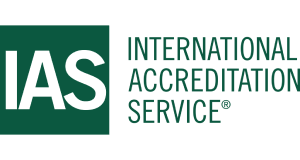Establishing an EU customs data hub and an EU customs authority
Today's massive increase in trade volumes, combined with the need to conduct border checks for compliance with the growing number of EU standards and to stay abreast of continuously evolving trade strategies, has put EU customs authorities under a lot of pressure. Concerns have been raised that the EU's customs union is burdened by an uneven level of digitalisation across Member States, suboptimal coordination between national authorities and overall complexity. This situation creates high administrative compliance costs for traders while providing criminals with opportunities to commit fraud. To tackle these issues, the European Commission tabled a customs reform package on 17 May 2023. Key to the reform is the establishment of an EU customs authority that would oversee a new customs data hub. The aim is to adopt a more centralised and digitalised approach to customs that should lower compliance costs for traders, free up resources for national authorities and ensure a more efficient, strengthened and fraud-proof customs union. The proposal is subject to the ordinary legislative procedure, requiring the support of both Council and Parliament. Within Parliament, the file was assigned to the Committee on Internal Market and Consumer Protection, with Deirdre Clune (EPP, Ireland) as rapporteur. At its March 2024 plenary, Parliament adopted its position at first reading. Negotiations at the Council are ongoing. Third edition. The 'EU Legislation in Progress' briefings are updated at key stages throughout the legislative procedure. Detay Eki
Kaynak: Evrim














